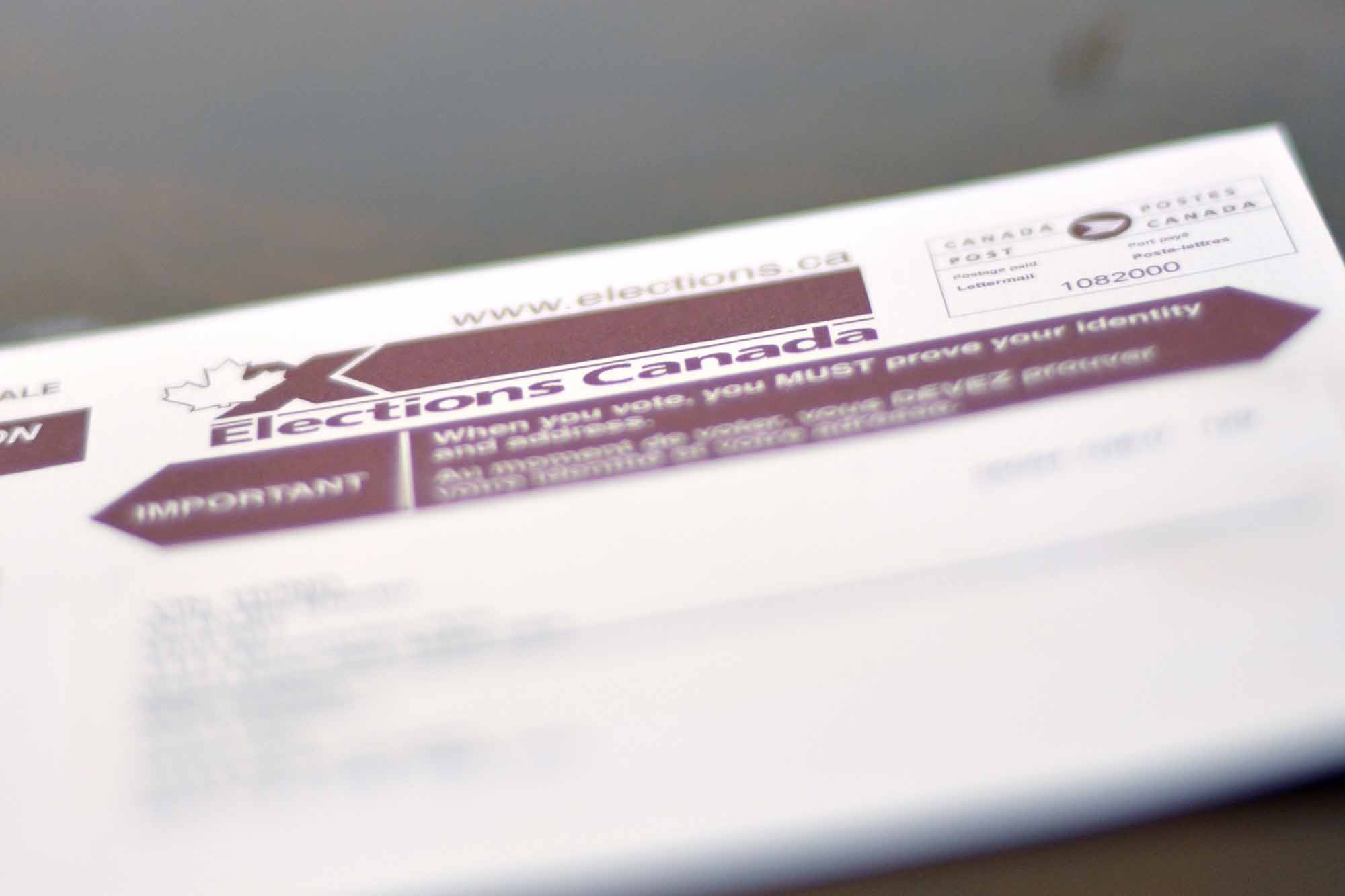Article
Canadian Electoral System
Electoral systems are methods of choosing political representatives. (See also Political Campaigning in Canada.) Elections in Canada use a first-past-the-post system, whereby the candidate that wins the most votes in a constituency is selected to represent that riding. Elections are governed by an elaborate series of laws and a well-developed administrative apparatus. They occur at the federal, provincial, territorial and municipal levels. Canada’s federal election system is governed by the Canada Elections Act. It is administered by the Chief Electoral Officer. Provincial election systems, governed by provincial election acts, are similar to the federal system; they differ slightly from each other in important details. Federal and provincial campaigns — and that of Yukon — are party contests in which candidates represent political parties. Municipal campaigns — and those of Northwest Territories and Nunavut — are contested by individuals, not by parties.







